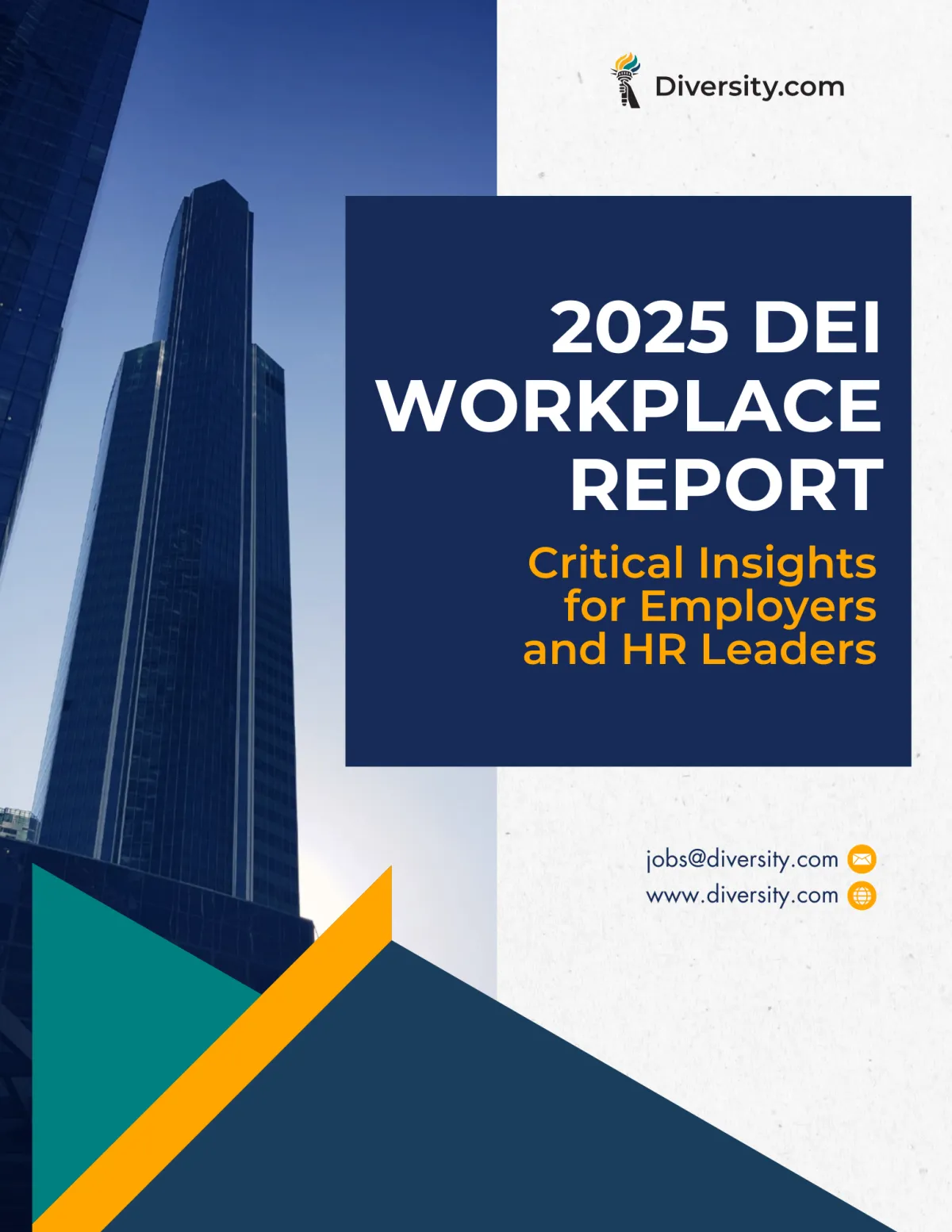
Cultural Competence in DEI: Building Inclusive, Globally Aware Workplaces
In today’s global economy, cultural competence is essential.
Organizations that operate across geographies, time zones, and communities must understand how identity, culture, and communication intersect in the workplace.
Yet cultural competence isn’t about checking boxes or mastering etiquette.
It’s about cultivating deep awareness, humility, and adaptability in how we engage with others.
For DEI to have lasting impact, cultural competence must be embedded at every level of leadership, communication, and policy.
What Is Cultural Competence and Why It Matters
Cultural competence refers to the ability to interact effectively with people from different cultural backgrounds. In the workplace, this means:
Understanding the role of race, ethnicity, language, religion, gender identity, and other identity markers in shaping lived experience
Navigating communication across differences in tone, expression, and expectation
Acknowledging the impact of global and local histories on how people show up at work
Without cultural competence, even well-intentioned DEI efforts can feel disconnected, performative, or exclusive.
Common Gaps in Workplace Cultural Competence
Despite growing awareness, many organizations still fall short in:
Assuming Universality: Treating all employees the same rather than recognizing identity-specific needs
Overlooking Global Norms: Applying U.S.-centric DEI models in international offices without contextual understanding
Relying on Surface-Level Training: Hosting one-off workshops instead of investing in ongoing learning and systems change
Ignoring Power Dynamics: Failing to examine how privilege, marginalization, and hierarchy affect collaboration
Underestimating Language Nuance: Not accounting for the subtle, culture-driven meanings of words, silence, or body language
Genuine cultural competence is not just about awareness—it’s about action, reflection, and accountability.
Building Cultural Competence in DEI Strategy
Conduct Cultural Audits: Examine how policies, communication styles, and leadership practices align with diverse cultural expectations
Invest in Identity Awareness Training: Go beyond unconscious bias workshops—train employees on global power dynamics, intersectionality, and cultural humility
Diversify Leadership and Decision-Making: Include voices from different cultural contexts in leadership and strategy
Localize DEI Strategies: Tailor inclusion efforts for regional offices and global teams, rather than using a one-size-fits-all model
Foster Psychological Safety Across Cultures: Encourage dialogue where employees can express identity-linked challenges without fear of penalty
Cultural Competence Is Core to Inclusive Leadership
Organizations that lead with cultural competence are better equipped to retain talent, manage global teams, and drive innovation.
They recognize that identities are not abstract—they’re lived realities that shape how people work, lead, and belong.
DEI without cultural competence is like a bridge without foundation.
To build equity that lasts, inclusion efforts must reflect the complexity of the world we live in, and the people we work beside.
How Diversity.com Helps You Build a More Inclusive Workforce
At Diversity.com, we connect forward-thinking employers and job seekers who are committed to inclusion, equity, and creating meaningful change across all dimensions of diversity.
Whether you are strengthening your DEI strategy, expanding career opportunities, or building cultures where all identities and experiences are valued, we provide the tools, resources, and insights you need to lead with purpose.
For Employers & HR Leaders:
✔ Create a free employer account — Post open roles and hire with intention. Choose from flexible options: single listings, job credit packs, or subscription plans.
✔ Access a diverse talent network — Connect with professionals across backgrounds, experiences, and identities to drive workplace innovation.
✔ Stay ahead with DEI insights — Explore timely articles, hiring best practices, and workplace inclusion trends.
For Job Seekers:
✔ Search jobs with inclusive employers — Find opportunities where equity, belonging, and authenticity are priorities.
✔ Create a free job seeker account — Apply to roles that align with your values, experiences, and aspirations.
✔ Learn more about workplace inclusion — Access tips, resources, and real-world guidance to navigate your career with confidence.
We believe in a future where every career journey and every hire moves us closer to true equity.
Start building with Diversity.com.
If you have any questions or need assistance, feel free to Contact Us Here. Our dedicated support team is ready to help!
Related Articles
Understanding Privilege Without Guilt: What It Means for Equity in the Workplace
Neurodiversity in the Workplace: Supporting Neurodivergent Employees and Inclusive Hiring Practices
First-Gen Professionals and the Workplace: Resilience, Barriers, and Equity in Action
Addressing Ageism: Valuing Experience in the Modern Workplace
The Intersection of Socioeconomic Status and Career Advancement
Mental Health and DEI: Why Inclusive Workplaces Must Prioritize Well-Being
Invisible Disabilities in the Workplace: How Inclusive Employers Can Provide Real Support
Single Parents in the Workforce: Addressing Caregiving Bias in Inclusive Workplaces
Women and DEI: Advancing Gender Equity and Building Inclusive Workplaces
Veteran Hiring and Military Spouse Inclusion: Building Equitable Civilian Workplaces
Career Transitions and DEI: How Inclusive Workplaces Enable Mid-Career Reinvention
2025 Shareholder Votes Reject Anti-DEI Proposals at Levi’s, Goldman Sachs, and More
Sources & References:
Harvard Business Review. (2022). What is Cultural Competence and Why Does it Matter? https://hbr.org/2022/09/what-is-cultural-competence-and-why-does-it-matter
SHRM. (2023). Global DEI: Leading Across Cultures. https://www.shrm.org/resourcesandtools/hr-topics/behavioral-competencies/global-and-cultural-effectiveness/pages/default.aspx

